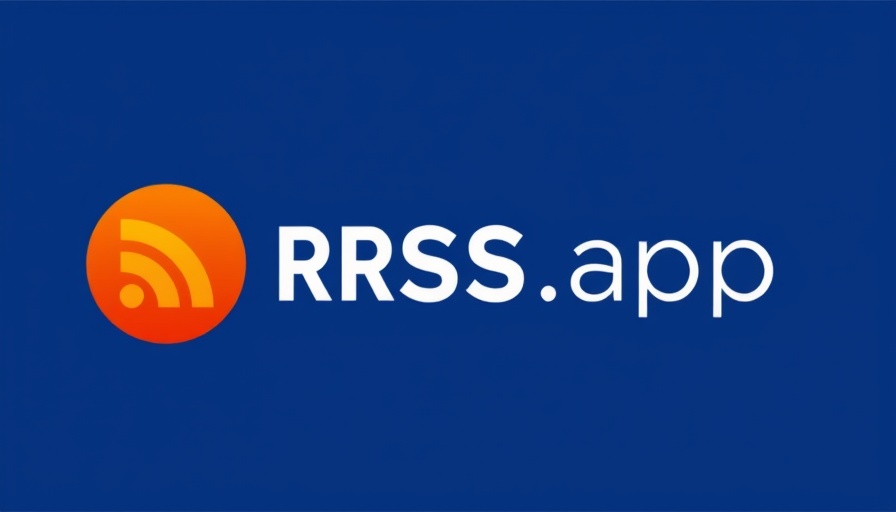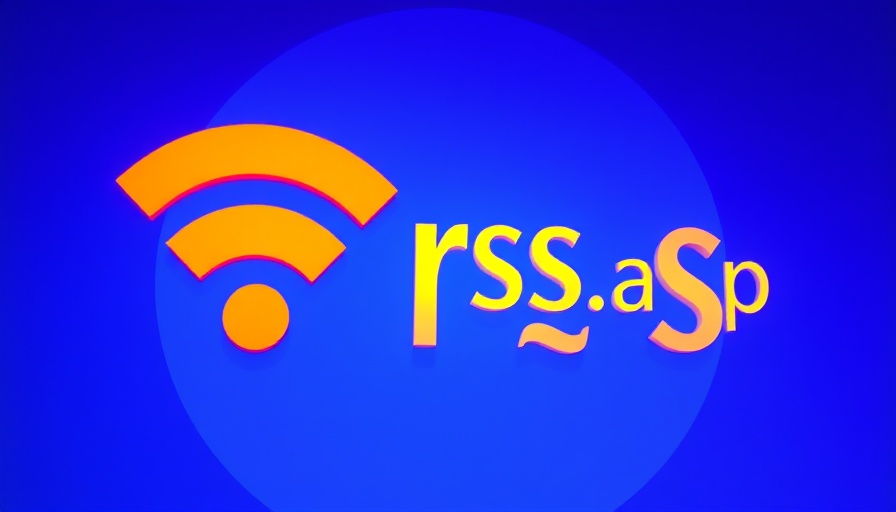
UC Combats the Rise of 'Pretendians': Addressing Identity Misrepresentation
In recent years, a troubling trend has emerged within academic circles: individuals claiming Indigenous identities without proper proof. As awareness of this issue grows, especially within the University of California (UC) system, both students and faculty are demanding rigorous accountability and transparency regarding claims of Native American identity. This movement is underscored by the ongoing controversy surrounding academic figures like Maylei Blackwell.
Blackwell, a professor at UCLA, had long identified as a mixed-race individual of Cherokee heritage, leveraging her identity to promote Indigenous voices. Yet, after allegations arose questioning the authenticity of her claims, it was revealed that her ancestry was based on family lore rather than verified records. The fallout from this revelation raises imperative questions about authenticity, the power dynamics within academia, and the potential harms, both personal and professional, inflicted upon genuine Indigenous individuals.
Understanding the Implications of Identity Claims
This issue extends beyond individual instances of misrepresentation. Indigenous leaders assert that those who falsely claim Native American identities, often referred to as 'Pretendians,' effectively usurp opportunities rightfully belonging to Indigenous peoples. This can include jobs, grants, and speaking engagements that play a pivotal role in advocating for Native rights and narratives. Over time, this erodes the authenticity of Indigenous representation in scholarly work.
Phenocia Bauerle, director of Native American Student Development at UC Berkeley, notes that this growing problem necessitates decisive action: "People building careers on these claims should have to prove it." The imperative for transparency in identity claims has been echoed in various academic institutions across the country, indicating a widespread demand for change.
A Call for Accountability: Action Steps for Academia
In response to these challenges, UC is launching a 'fact-finding mission' aimed at addressing and potentially regulating claims of Native American identity among faculty and students. This could pave the way for recommendations demanding verification of ancestry for those in academic positions, particularly in fields directly connected to Indigenous peoples.
Furthermore, it is crucial for academic institutions to develop stringent criteria during hiring processes. According to data from 2018, a significant percentage of students who identified as Native American failed to specify their tribal affiliation, raising concerns about data integrity and potential fraud. To combat this problem, greater emphasis must be placed on accurate representation in scholarship and hiring practices.
Future Directions: Towards a Transparent Academic Environment
Native American scholars across the UC system are collaborating to compile recommendations that could facilitate this shift in culture. These recommendations may include mandatory disclosure of tribal affiliations for applicants and clearer guidelines for verifying ancestral claims. As the discussions evolve, the overarching goal remains: to cultivate a more inclusive and truthful academic environment where Indigenous voices are authentically represented.
Moreover, the UC’s decision to reassess identity claims reflects a broader trend in academia. While the movement towards verifying Indigenous identity is gaining momentum, it is framed within the contentious narrative of what constitutes authentic representation and the historical narratives that accompany these identities.
Public Reaction and Community Response
As these issues unfold, reactions within the community are polarized. Some graduate students at UCLA have expressed outrage, calling for Blackwell's resignation, arguing her actions not only betrayed trusted relationships but also contributed to a broader colonial project to commodify Indigenous identity. Conversely, others emphasize the need for compassion, recognizing the complexities within identity construction and the societal pressures that contribute to these narratives.
Kim Tallbear, a professor of Native studies, warns that universities must navigate the nuanced distinctions between identity and its representation, advocating for a systemic change that goes beyond mere acknowledgment. “Let’s stop with the denialism,” she urges, emphasizing the need for clearer standards surrounding Native identity in academia.
As the dialogue evolves, many hope that this growing scrutiny of identity representation serves as a catalyst for change, not just within California but across universities nationwide. By fostering accountability, academia can assure that genuine Indigenous voices are heard and valued, rather than overshadowed by misleading claims of identity.
 Add Row
Add Row  Add
Add 




Write A Comment